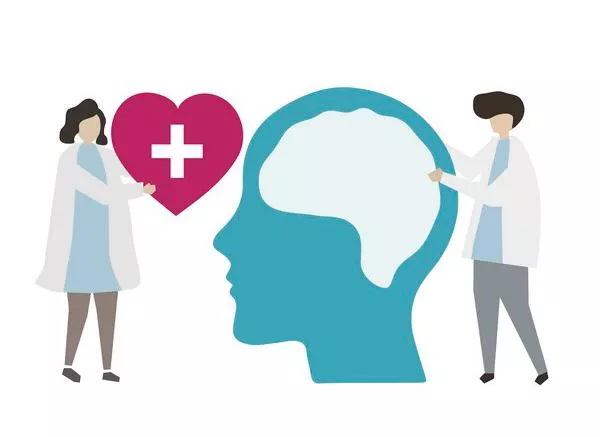A new study published in Stroke, the peer-reviewed journal of the American Stroke Association, reveals that individuals diagnosed with brain aneurysms face a significantly higher risk of developing mental health conditions compared to those without aneurysms. The study highlights that this increased risk is particularly pronounced in patients younger than 40.
An unruptured intracranial aneurysm occurs when a blood vessel in the brain weakens and bulges, creating a potential risk for future rupture and severe brain bleeding. Despite the serious nature of the condition, many patients with unruptured aneurysms are monitored without immediate surgical intervention.
Study Overview
The research, conducted by Dr. Na-Rae Yang and colleagues, analyzed data from South Korea’s National Health Information Database, which spans over two decades and includes information from more than 85,000 individuals. The study focused on adults diagnosed with untreated brain aneurysms between 2011 and 2019, tracking their mental health status over a 10-year period.
Participants were compared to a control group of adults without aneurysms, matched by age, sex, economic status, and presence of other medical conditions, who were treated for acute upper respiratory infections.
Key Findings
Individuals with brain aneurysms were 10% more likely to be diagnosed with a mental health condition compared to those without aneurysms.
The risk was particularly high among patients under 40 years old.
For those diagnosed by a psychiatrist, the risk of a severe mental health condition was three times higher.
Dr. Yang noted, “Our findings underscore the significant psychological burden faced by younger adults with aneurysms, who may already be managing other life stressors. This increased vulnerability highlights the need for tailored mental health support and clear communication regarding treatment decisions.”
Implications
The study suggests that patients with brain aneurysms, particularly younger ones, may be at a heightened risk for mental health issues such as anxiety, stress, depression, bipolar disorder, and substance misuse. The research advocates for targeted mental health interventions to address these risks and improve patient outcomes.
Limitations and Considerations
The study’s reliance on diagnostic and prescription codes from a national database means that the data may lack nuance and may not fully capture individual patient experiences. Additionally, the study did not account for the specific size or location of aneurysms, which could influence mental health outcomes. The findings, based on a South Korean population, may not be directly applicable to other populations.
Conclusion
This study provides important insights into the mental health risks associated with brain aneurysms, emphasizing the need for comprehensive care that includes psychological support for affected individuals. As the research points out, addressing mental health needs is crucial for enhancing the overall well-being of patients managing chronic conditions like brain aneurysms. Future studies should consider these factors to develop more effective interventions and support systems.


